Incoterms or International Commercial Terms are terms and conditions of agreements used in international trade. Each incoterm refers to a contract between buyer and seller for global transaction. Limco logistics provides a list of some commonly used Incoterms for your information and aid:
CFR – Cost and Freight (destination name)
According to this term, paying freight charges and other expenses of bringing the goods to the destined port is the responsibility of the seller. Thereafter, any costs incurred after delivery, including risks of damage to goods or loss of it is borne by the buyer. This term is only used for transport through sea or inland waterways. Otherwise CPT term is used.
CPT – Carriage Paid To (destination name)
This term means seller delivers cargo to a chosen logistics firm and additionally pays for its carriage. All post-delivery expenses and risks are upon the buyer. CPT is used for all modes of transport, including multimodal carriage.
CIF – Cost, Insurance and Freight (destination name)
This term is similar to that of CFR. Seller bears the cost of delivering goods to the designated port and post-delivery charges are dealt with by the buyer. But in CIF, the seller acquires the marine insurance against the risk of damage or loss of the goods during transport. CIF is meant for sea and inland waterway transport, else CIP term is used.
CIP – Carriage and Insurance Paid (destination name)
The conditions under this term are same as that of CPT term. Only difference is that seller buys the marine insurance for his cargo against any risk during shipment.
DAF – Delivered At Frontier (destination name)
As per its terms, the seller, after obtaining export clearance, is responsible for delivering the goods at the buyer’s disposal. But, the delivery is only till the customs border with the goods not unloaded and without import clearance. This term may be used for any mode of transport when goods are to be delivered at a land frontier and not abroad a ship, quay or port.
DDP – Delivered Duty Paid (destination name)
Under DDP terms, the seller bears all costs and is also responsible for getting import clearance at the designated place. But, the cargo is not unloaded from the arriving means of transport. This term is avoided in case the seller is unable to get the goods cleared for import. This term is not specific to any particular transport system, but delivery should be on land only.
DDU – Delivered Duty Unpaid (destination name)
As opposed to DDP, in this term seller delivers goods to buyer without unloading the cargo bearing all expense. But the import duty, including payment of customs formalities, taxes and other charges, has to be paid by buyer. Similarly as in DDP term, it is irrespective of transport medium with deliveries only on land.
DEQ – Delivered Ex Quay (destination port)
Seller incurs all costs till goods reach the buyer at the mentioned port. The buyer is responsible for import clearance and other charges.
DES – Delivered Ex Ship (destination port)
Unlike in DEQ terms, this is used when delivering goods abroad a ship in the port of destination. Other conditions are same as that of DEQ.
EXW – Ex Works (destination name)
Under this term the buyer pays for all expenses and risks. The buyer is responsible for loading the goods from the seller’s place and also getting export clearance.
FAS – Free Alongside Ship (destination port)
The seller brings the cargo at the shipment site and from thereon, buyer is responsible for the goods. However, seller clears the cargo for export. It is applicable only for sea or inland waterway transport.
FCA – Free Carrier (destination name)
The buyer decides to which carrier or person the seller should send the goods. After that, buyer takes care of all.
FOB – Free On Board (destination port)
The seller clears the goods for export and sees to it till they pass the ship’s rail. It is only used for waterway transport.
There are some more terms used by shipping lines for container deliveries. Following are some abbreviations:
FIOS – Free in/out; FIFO – Free in/Free out; FILO – Free in/Liner out; LIFO – Liner in/Free out; LILO – Liner in/out.
Some shipping lines or ports also include surcharges to the actual rate, like CAF (Currency Adjustment Factor), BAF (Bunker Adjustment Factor), Port duty Wharfage, CUC (Chassis Using Charge), Documentation Fee etc. FICY – Free in/Container yard and LI-Door – Liner in / Door, are with regard to shipping lines methods of delivery.
Get Your Free USA Shipment Quote Today!

